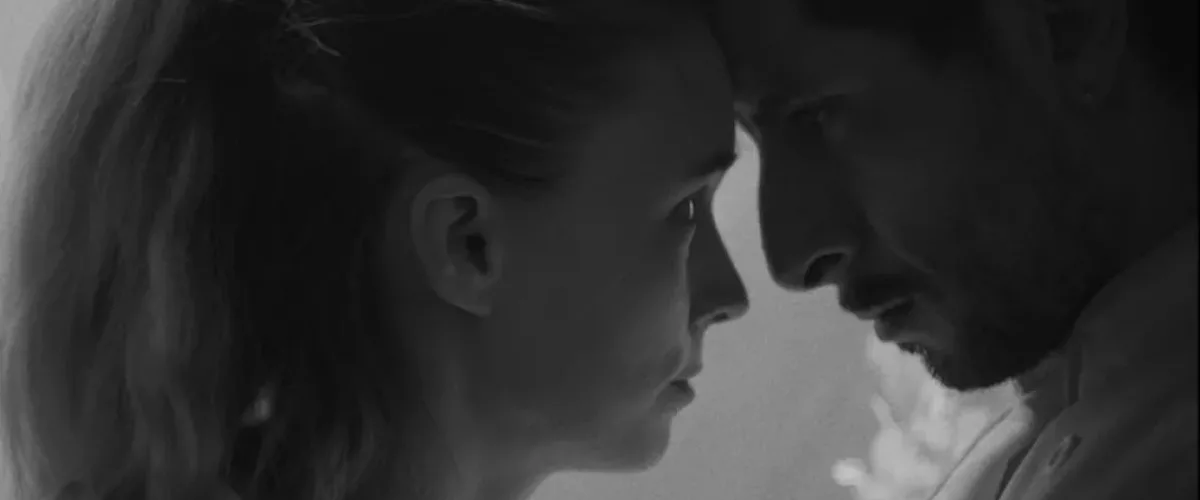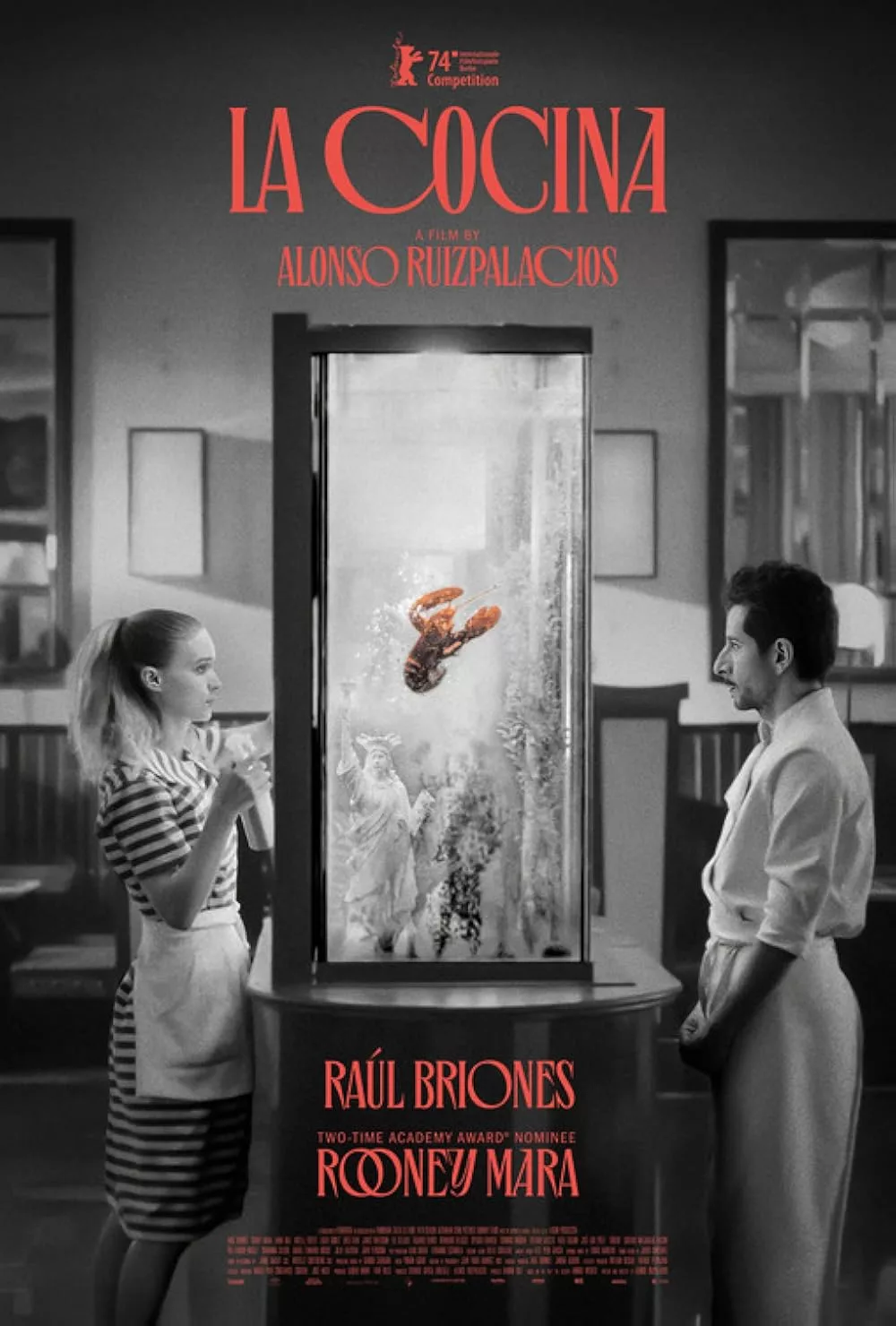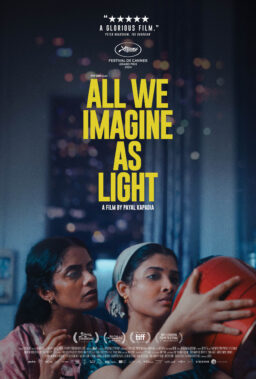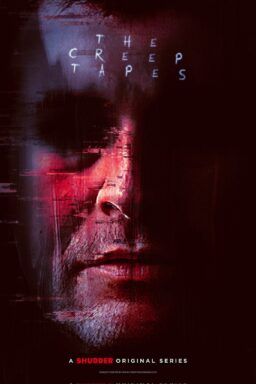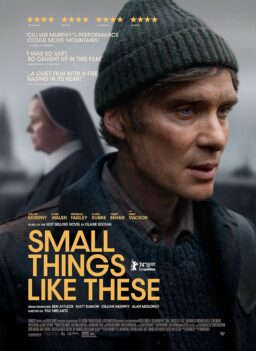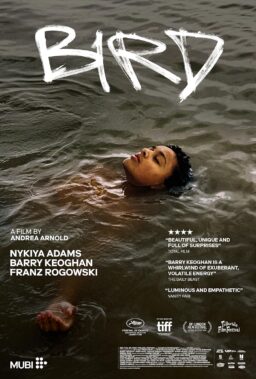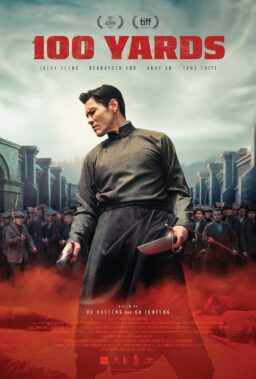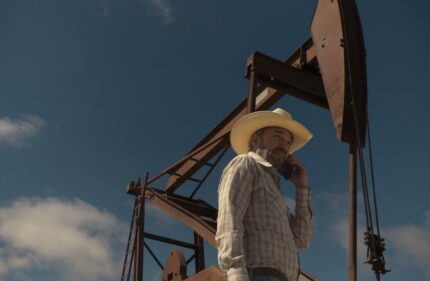Almost every scene of the powerful "La Cocina" takes place in or just outside the kitchen of a Times Square tourist trap bluntly dubbed The Grill. It's one of those places that does a bit of everything but none of it well. When orders start getting shouted in, it's vaguely Italian in cuisine, with a lot of margherita pizza and chicken marsala tickets. It's also one of those places with a massive staff that goes largely unseen by the clientele who want a little of that hustle and bustle that the heart of Manhattan promises, probably before a Broadway show. The hundreds of people who come in and out over the course of the day barely pause to consider the tension, activity, and personal lives of the men and women who make their food.
While the "kitchen drama" has become a hot genre recently, in no small part to the success of "The Bear," "La Cocina" has a different energy. It understands that the food emerging from the back of The Grill comes through a deeply broken system, one that grinds up and discards people with barely a second thought before someone else is trained how to throw together another chicken marsala.
While most cuisine films and shows of late have presented what could be called the "noble chef," the one who has to hold his head high as the art of cooking gets increasingly devalued by fast food culture, "La Cocina" has a very different thrust. The kitchen here is a war zone, sometimes literally shot by writer/director Alonzo Ruizpalacios and his team as a cacophony of noise and activity. As the camera slides through the incredibly crowded kitchen to pick up different snippets of action and conversation, the whole thing looks remarkably exhausting. It's a job and place where people aren't meant to thrive, merely survive.
Into this culinary combat, Ruizpalacios first drops the classic character of the rookie in Estela (Anna Diaz), a young woman who has arrived from Mexico looking for a job. She steals someone else's interview to get the gig and is forced to hit the ground running. But "La Cocina" is not really Estela's story. She's an interesting figure in that the camera often circles back to her, looking increasingly exhausted—in that sense, she serves as an audience surrogate, someone thrown into the chaos like us.
The real heart of "La Cocina" is a chef named Pedro (the excellent Raúl Briones), a charismatic survivor, someone who can tell you about the history of the lobster as haute cuisine and has enough hours under his apron to butt heads with his superiors. He's earned it. He's the general of this squad, but he always seems to be one step away from disaster. Ruizpalacios drops in hints of a pending collapse in Pedro's life, including mention of a fight the night before, an investigation into stolen money from last night's till, and a tumultuous relationship with his girlfriend Julia (Rooney Mara, excellent as always), a Grill waitress who is now pregnant and considering an abortion. While "La Cocina" slides back and forth to introduce us to other characters, Pedro and Julia stay at the center, the entrée around which the rest of the menu is built.
"La Cocina" is a phenomenal showcase for Briones, who gives one of the most mesmerizingly multi-faceted performances of the year. Pedro is understandably weary of the bullshit of life in a NYC kitchen, but it's captivating being around him. He's a clear leader in a situation where the men and women he leads end up getting fired or deported every few days. Briones captures the undocumented Pedro as someone in a low-level panic at almost all times, but he does so with a high degree of old-fashioned movie star magnetism. Ruizpalacios and his DP Juan Pablo Ramirez know that Briones is their greatest asset, so they often settle their fluid camera on his remarkable face.
When they do move that camera again, "La Cocina" becomes a study of how to create a visual language in a relatively confined space. It's loosely based on a play, and I guess the single setting makes that clear, but it's also a deeply cinematic film, from the choice of black-and-white to the many camera tricks used to enhance tension through controlled chaos. As people fly back and forth during the lunch rush, the film feels nearly out of control, but, of course, it's all very carefully choreographed.
The final sequence of "La Cocina" is one of the few times I felt the strings being pulled in the film. It's a stunning monologue, delivered perfectly by Briones, but it feels a bit showy in that life in NYC kitchens doesn't usually climax in movie-ready moments. However, it's also a film that doesn't always rely on pure realism—all those aforementioned camera tricks are designed to remind you that you're watching a movie. One that sees everyday pain and, yes, glimpses of everyday beauty, too, in an average New York kitchen. If you think about the many places like The Grill in and around Times Square, it can be almost overwhelming. After all, Pedro, Julia, Estela, and the other workers may not be all that different or special. The movie about them is.
